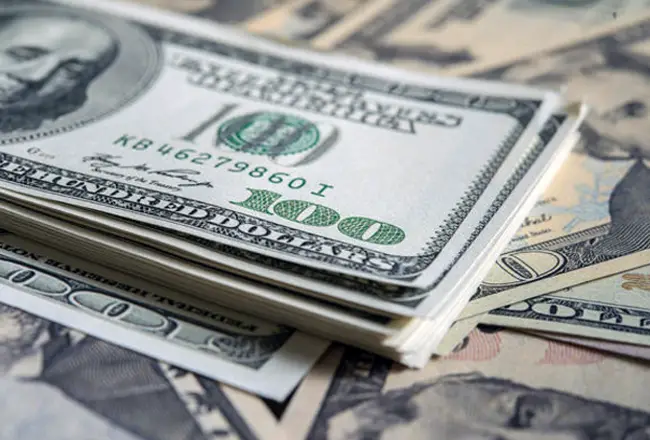The meltdown of the Dow Jones Industrial Average does not necessarily reflect the real world of the economy in the view of Sanford Ikeda, a professor of economics at SUNY Purchase.
“The economy is not a machine. It”™s people and how they respond to different things, and what they see on the supply side and on the demand side is going to happen in the future,” Ikeda told the Business Journal. “The stock markets are volatile in the sense that you have people acting on expectations, which may or may not be justified by what really happens.”
Ikeda is the author of “Dynamics of the Mixed Economy: Toward a Theory of Interventionism.”

“What we”™ve seen may be an overreaction but if you look at the objective reality you can see why people fear a contraction of the economy at least temporarily while this thing (the COVID-19 pandemic) is going on,” he said.
While Ikeda didn”™t criticize President Donald Trump”™s March 11 announcement of plans to distribute $50 billion in federal funds to the states and territories for use in fighting COVID-19, he did not feel that it will have a dramatic impact on the economy.
“At best that kind of fiscal stimulus will be temporary if it is targeted properly and who knows if it will or will not,” Ikeda said.
Far more important, he suggested, is the underlying strength of the American economy.
“It”™s like a healthy patient, a healthy person who gets stabbed with a knife,” Ikeda said. “Some kind of external shock happens. If he”™s healthy the recovery will be relatively swift. How long that takes I”™m not going to say.”
Ikeda said the American economy has a strong advantage because it is decentralized and not under autocratic control.
Ikeda suggested that the long-term economic impacts of the COVID-19 crisis in China and Italy may be more severe than what will happen in the U.S. because they have a more centralized response, are more inflexible in their markets and have had ailing economies.
“I can see if you need more masks, you”™re going to need more Purell, toilet paper (and) that the best response will come from the private sector and they”™re going to respond to opportunities,”™ Ikeda said. “There”™s no question that they see an opportunity to make money here. That is a good thing in the sense that they are doing things that need to be done and they”™re given an incentive to respond. The problem is if the government were to slap price controls on these products because they think they have been overcharging or there is regulation of other aspects of market adjustment. Then you”™re going to see a problem.”
Ikeda acknowledged that some businesses are going to feel at least short-term pain, especially as social distancing and quarantine measures become more prevalent throughout the U.S.
“No doubt there are going to be these effects down the supply chain as businesses contract. However ”¦ a healthy economy like the United States can recover from these external shocks,” Ikeda said.


















